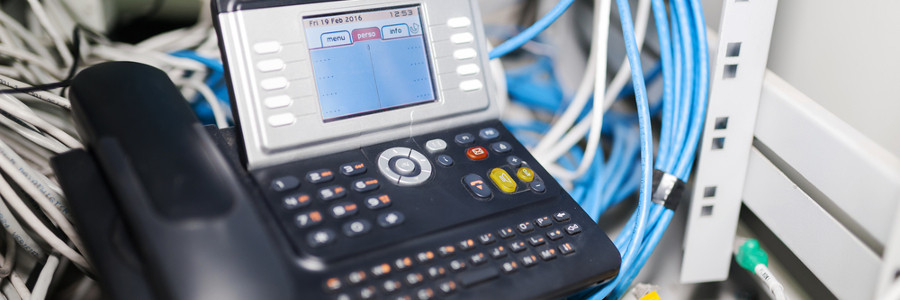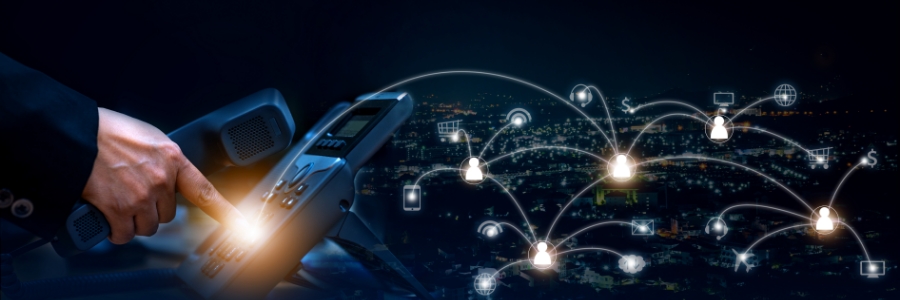Voice over Internet Protocol (VoIP) offers many benefits to businesses, including lower costs, greater flexibility, and improved collaboration. However, VoIP also comes with some security risks, including theft of service. In the following sections, we’ll explore what VoIP theft of service is and how to defend against this type of attack.
How VoIP theft of service can impact your business
Is Your VoIP system at risk of being hacked? Learn how to detect the signs

In today's digital age, Voice over Internet Protocol (VoIP) technology is the backbone of many businesses. It provides an affordable and flexible way to communicate with clients and colleagues around the world. However, as with any technology that relies on the internet, VoIP systems are not immune to hacking attempts.
Protect your VoIP system with these security measures
How to protect your business from TDoS attacks

Does your business use a Voice over Internet Protocol (VoIP) system? If so, you need to be aware of telephony denial-of-service, a type of attack on VoIP systems. Learn more about TDoS and how to prevent it from disrupting your operations.
What is TDoS?
A denial-of-service attack aims to crash a system by bombarding it with an overwhelming number of requests, forcing the targeted system to shut down eventually.
5 Signs of a VoIP system security breach

Voice over Internet Protocol (VoIP) systems are known for enabling mobile workforces, reducing costs, and offering advanced call features. However, what many people may not know is that VoIP systems are not immune to hackers and cyberattacks. Here are the signs that might indicate that your VoIP system is being hacked.
5 Key security measures you need for VoIP
The dangers of TDoS to your VoIP systems

Telephony systems are crucial to business communications and operations and therefore need to be highly secure. Although malware and viruses are some of the most common threats to Voice over Internet Protocol (VoIP) systems, there are other little-known threats too, such as denial-of-service (DoS) attacks.
Ways to protect against VoIP threats

Voice over Internet Protocol (VoIP) technology has vastly improved team collaboration. VoIP systems, however, are not immune to a variety of cyberattacks. And because VoIP-based threats are not as well-known as ransomware, phishing mail, and other more recognizable attacks, organizations tend to be lax toward securing their communications systems.
How to know if your VoIP system is being hacked

Voice over Internet Protocol (VoIP) is one of the technologies that have changed the way businesses operate. VoIP phones are essential for the success of your company, allowing users to do a wide range of tasks, including making calls from virtually anywhere there's an internet connection to setting up conference calls.



